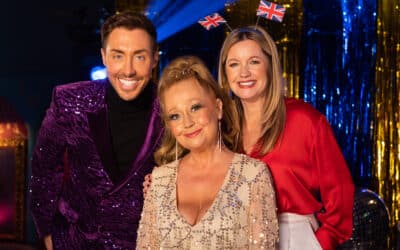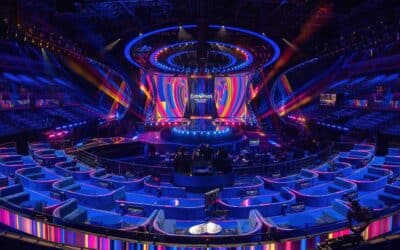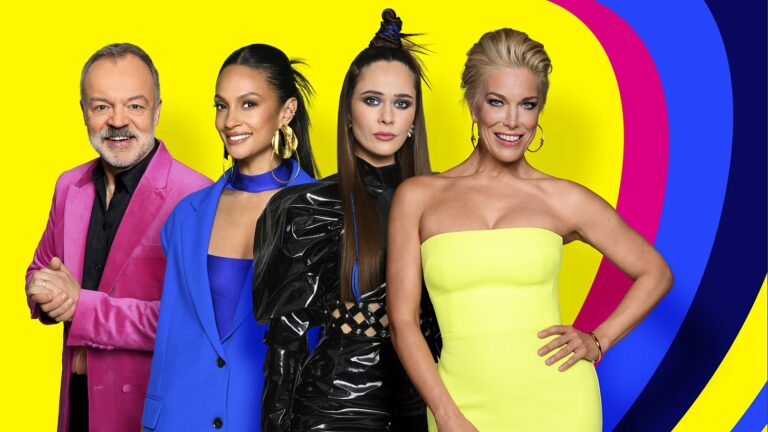After months of planning, hard work and hype The Eurovision Grand Final finally took place in Liverpool on Saturday night, and was the most watched in history, according to host broadcaster the BBC.
The show saw a five-minute-peak audience of 11 million on the BBC, an average of 9.9 million and an audience share of 63 per cent.
The previous ratings record was the 2011 final, when an average of 9.5 million tuned in to watch Blue finish 11th with I Can. Last year’s final in Turin was watched by an average of 8.9 million.
Eurovision content on BBC TV over the week of the event, which included the two semi finals in the run up to the Grand Final, achieved a reach of 27 million (44 per cent) across UK audiences (based on 3 minute reach). Millions more watched the Grand Final on national broadcasters across Europe and the world, with final figures yet to be amassed.
This year’s contest was won by bookies’ favourite Loreen of Sweden, who also made history by becoming the first woman to win the contest twice. She triumphed on Saturday with power ballad Tattoo, which came more than a decade after her victory in 2012 with the floor-filler Euphoria.
BBC director of unscripted Kate Phillips said: “What an incredible Contest! It was unforgettable, unmissable event television on a scale never seen before delivered by the BBC to viewers across the UK and millions more watching around the world. Sweden took home the trophy in spectacular style and 2022 winners Ukraine were at the heart of the show.
Liverpool welcomed the world’s biggest singing competition with open arms and embraced it beyond all of our expectations.
The fact that so many millions of people tuned in reflects just how significant Eurovision has become and truly underlines the theme behind this year’s contest, United by Music. We really hope we did Ukraine proud.”











